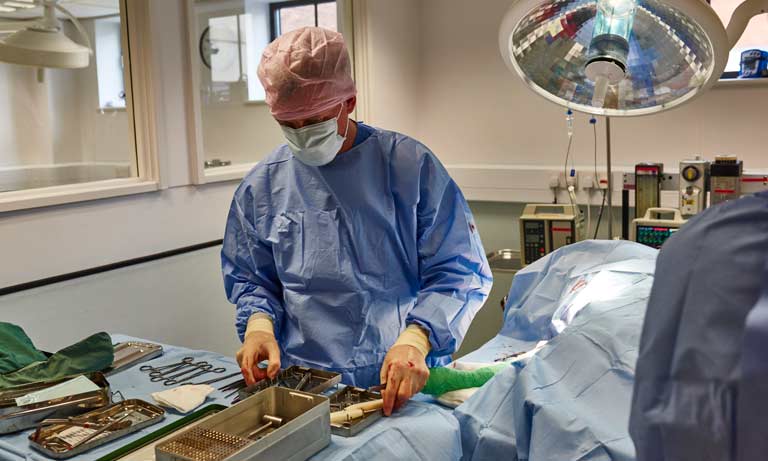New British Veterinary Association President calls for animal welfare alongside client choice to be at the heart of CMA recommendations
26 Sep 2024
Following our urgent requests for clarification through lobbying the government, veterinary surgeries have now been explicitly listed as an exception to the closures. Veterinary practices may remain open under the new rules. However, the number of clients seen face-to-face should be kept to an absolute minimum and veterinary teams must insist on strict social distancing measures at all times.

Following the Prime Minister’s #StayHomeSaveLives address, we are all having to adjust to the huge changes to our usual way of life. We are incredibly grateful to all the vets, nurses and wider veterinary teams who have worked so hard to put new measures in place to protect public safety. We know this period is one of great uncertainty and that difficult decisions are having to be made. Thank you.
On Monday evening BVA and the RCVS moved quickly to determine what the announcement would mean for veterinary care and, while seeking urgent clarification from the government, we agreed that veterinary practices could continue to operate in order to provide emergency care, fulfil urgent prescriptions, and maintain the food supply chain.
The lack of clarity in government announcements over which premises could stay open caused some confusion on Tuesday and we recognise that this information was being assembled quickly. Following our urgent requests for clarification through lobbying the government, veterinary surgeries have now been explicitly listed as an exception to the closures.
Veterinary practices may remain open under the new rules. However, the number of clients seen face-to-face should be kept to an absolute minimum and veterinary teams must insist on strict social distancing measures at all times.
The RCVS has recently updated its series of FAQs to help veterinary professionals understand the new rules, including small animal practice and those working in ambulatory roles, eg equine and farm vets.
Further guidance will also be provided as the Government’s longer term position is clarified.
BVA is developing some further guidance to provide clear examples of what constitutes routine, urgent and emergency care. This will be available shortly.
Get tailored news in your inbox and online, plus access to our journals, resources and support services, join the BVA.
Join Us Today